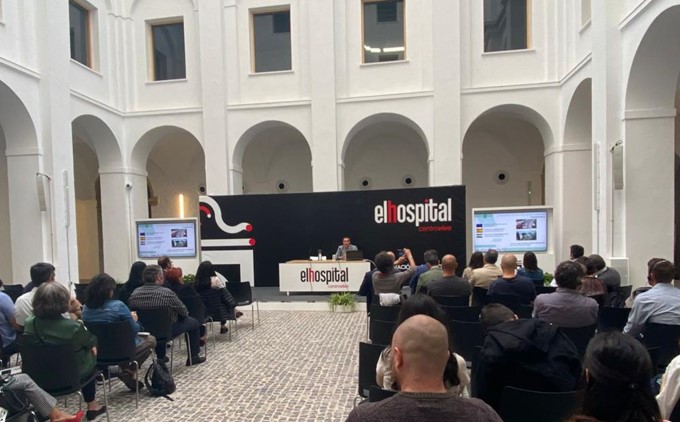Energy efficiency saves money, right?
Well, it should do - but if you have to spend a lot of money to make energy savings the costs may outweigh the benefits. A key concern amongst many energy managers when planning EE projects is the uncertainty over whether the energy efficiency measures selected will deliver the expected savings or not. If performance falls short then the project may end up costing money.
This ‘performance risk’ can be a significant barrier to investment. EPCs (Energy Performance Contracting) are designed to provide cost saving or performance guarantees to the client, with the contractor taking on some or all of the risk.
Members of the FINERPOL project in United Kingdom stakeholder working group and others attended a seminar in Exeter (hosted by Devon County Council) to learn more about EPCs. Dr. Steve Fawkes, from EnergyPro consultants, provided an overview of the benefits and disbenefits of EPCs and presented some alternative models that are emerging.
Vicky Kingston and Rob Mckinnon, from Local Partnerships, presented the Re: Fit EPC procurement framework – explaining how the contract works and its potential flexibility. A lively discussion enabled those attending to understand some of the detail arrangements implicit in the EPC approach, and how well-suited EPCs are to their own circumstances.









